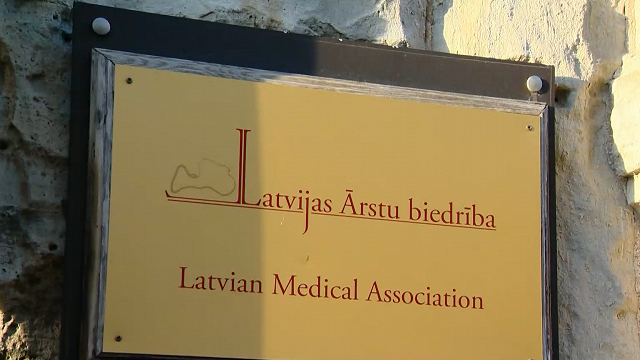“There are currently active studies on the use of the third dose in different sections, whether it could be a third dose of an already approved vaccine or whether it is testing custom vaccines, which could, say, possibly show better exposure to different types. But I would say it is too early to judge or predict whether all of us will need a third dose,” said Elita Poplavska, head of the State Medicines Agency's Drug Registration Department.
The infectologist Uga Dumpis said that it can be considered as a step-by-step action in case the need for a third dose arises. Even if producers file applications [like Pfizer has done], this will not mean that a third dose will be needed.
"This application does not mean that everyone will now start taking a third dose. There is a discussion of groups of patients who might be given a third dose, such as organ transplant patients, immunosuppressed people. Maybe elderly people too. But that discussion remains at the level of discussion. Although some states have already announced that this third dose could be offered in the autumn," said Dumpis, indicating that if the situation in Latvia changes and the vaccinated will start going to hospitals with Covid-19, the third dose will be decided on: “For Latvia, reserves for these vaccines are sufficient, so we have no concern that we might not have enough vaccines for this third dose.”
Along with these studies, scientists also actively try to mix different vaccines. Initial data shows a good immune response, and there are no signals that vaccines would be less safe in this way. Elita Poplavska said that if different vaccines are used, the regulator will find it difficult to change the recommendation that the vaccine is allowed to be used in different combinations, there should be an initiative from the product manufacturer itself.
This does not prevent states from making their own decisions on the basis of research data. Several European countries have been practicing mixing vaccines from different manufacturers since spring.


























